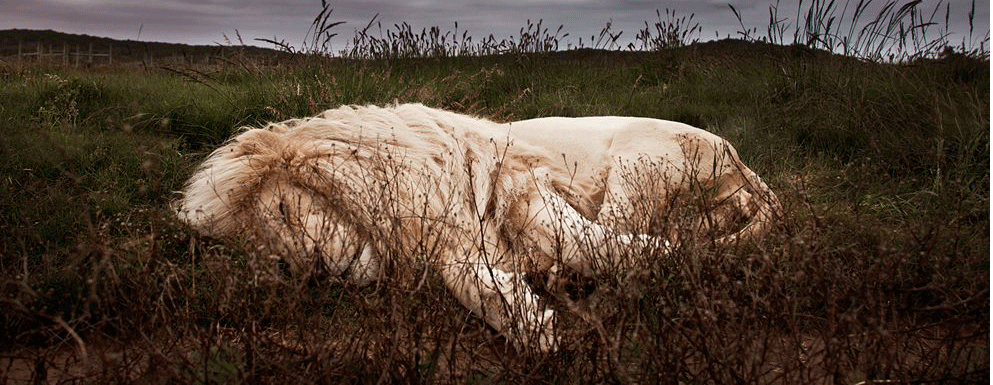4. The Art of Coping
From minor inconvenience to tragedy, the inability to cope with troubles can leave us anxious and depressed. The death of a family member, a low bank account, a fight with a best friend, or even something insignificant like realizing that my coffee cream has soured–it all needs an element of coping to deal with it. For those that can’t cope, they’re prone to alcoholism, drug addiction, anxiety attacks, laziness, self-destruction, sleepless nights, stress-induced medical problems, and worse.
I believe the art of coping with unavoidable problems is one of the greatest life skills of all time. To have peace in the midst of storms. When I have kids, I hope to constantly encourage them how to process and cope with trouble—how to come to terms with reality, realize their inability to change certain situations, the confidence to change what they can, to think of rational solutions, and use healthy ways to process their frustration.
Without the ability to cope, we’re helpless. When we feel helpless, we make ourselves victims of other people or situations. And we are not victims. We can’t change others or the situation at hand, but we can change the way we react to those things (think about how liberating that is). By not allowing yourself to spiral downwards in self-pity, you take control of your own life. You can’t be pitiful and powerful at the same time.
Resilience and character grows when you can take several steps back from the situation, to look at the great big scheme of things and realize that there are more important things to spend your mental energy on. Heartache makes us better in the end, although, that may take 20, 30, 40 years to figure out.






Join the discussion One Comment